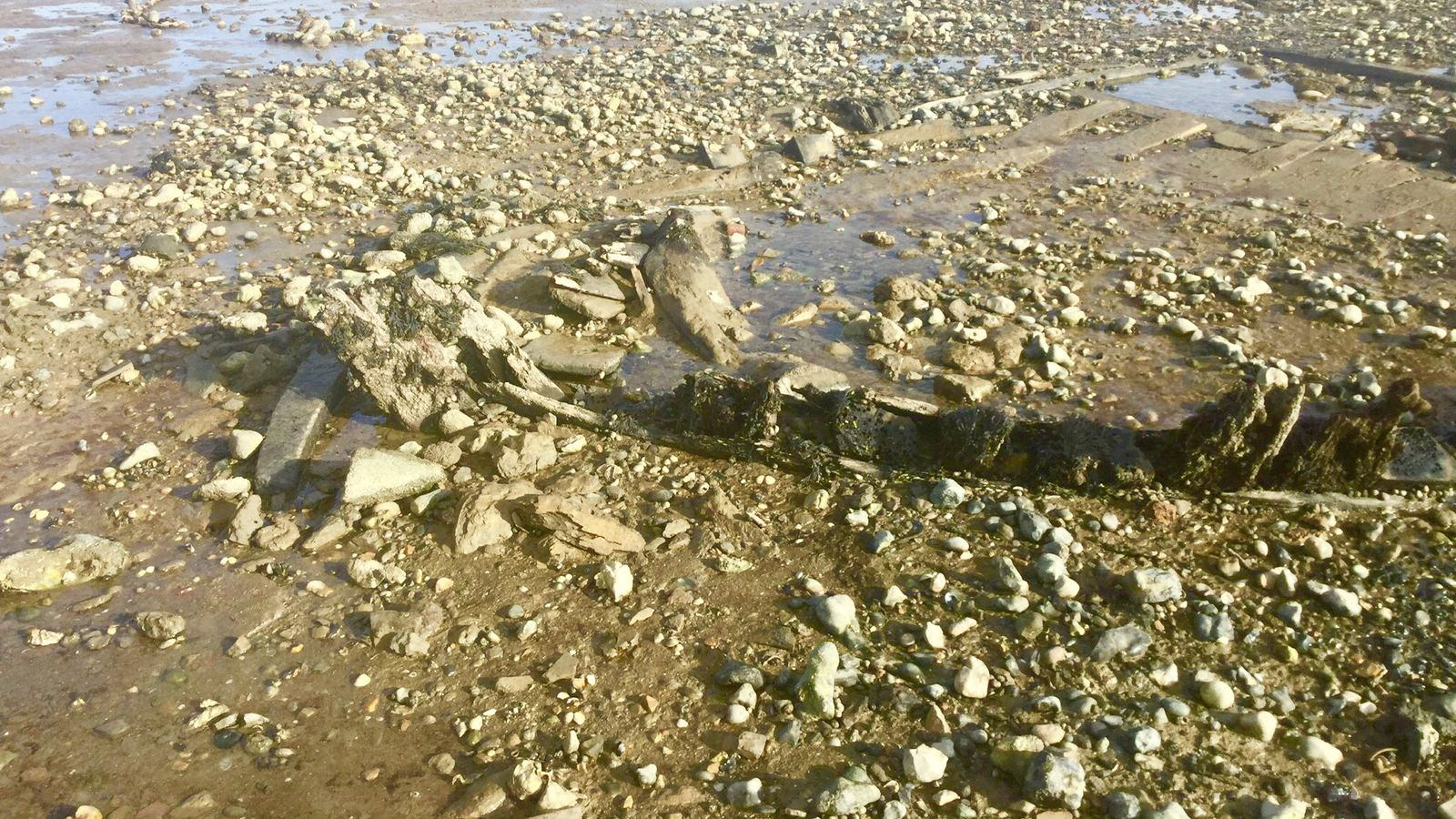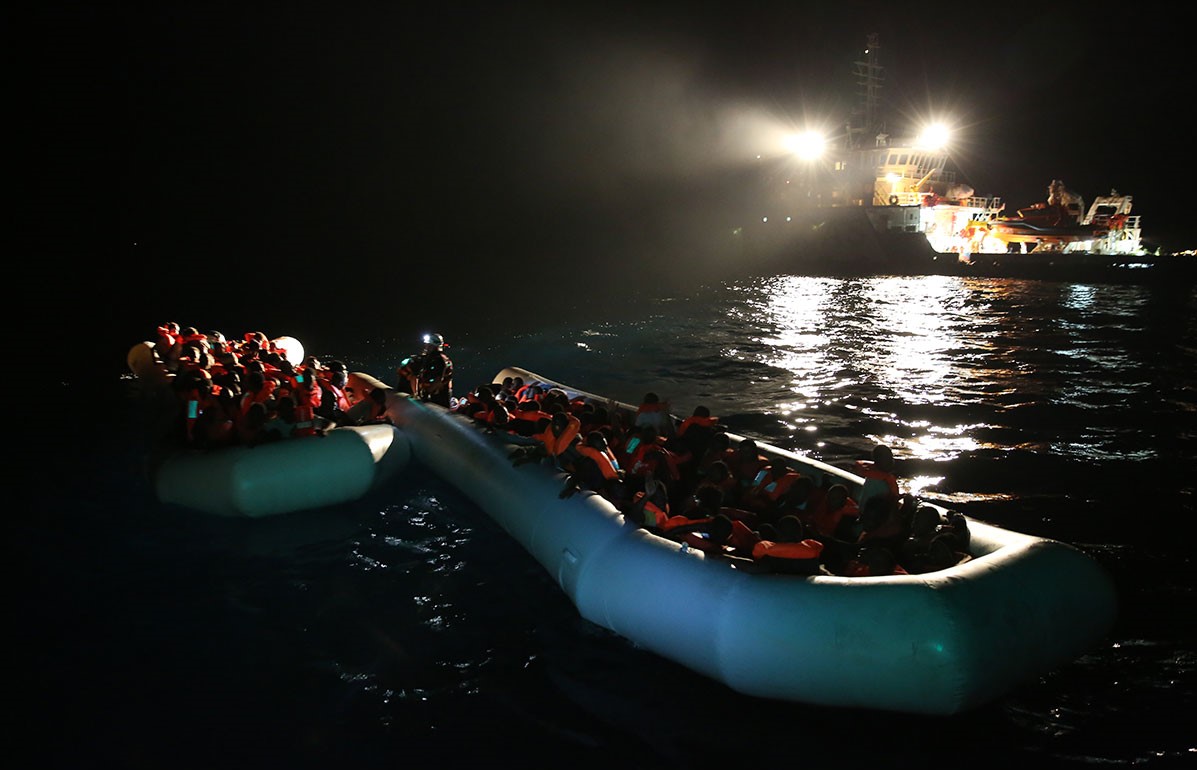

Sonar add-ons ensure accurate inspections in even the most turbid of waters.Video recordings and photos can be taken for further examination.

Equipped with 4K cameras and powerful lighting, the internal cameras allow users to get eyes in the water and on the hull of the ship. Inspections completed with a Deep Trekker are accurate and effective.There are numerous ways that the use of an ROV improves security inspections on hulls.

How Does an ROV Improve Security Inspection on Hulls Underwater vessel inspections confirm that your hull is clear of barnacles and other invasive marine life.Completing hull inspections can give insight as to whether or not the structure of your ship is compromised.Proactively manage your fuel efficiency by conducting regular ROV inspections of your hull to determine optimal cleaning and paint schedules.Make the most of any necessary dive time by pre-inspecting with an underwater drone.Save money and time by understanding what is happening under your vessel without diver intervention.There are several reasons why users should consider an ROV in lieu of divers for hull security inspections.Contraband inspections can be performed efficiently, regularly, and without risk to a human underwater. With Deep Trekker ROVs, port authorities and border security professionals are able to perform an efficient hull inspection on every single vessel to pass through their waters without the need to send a human into the water, or incur the high costs and delay of dry-docking. However, operating a Deep Trekker Mini ROV that can be deployed in seconds and perform the same hull inspection makes it cost effective and feasible to have these inspections be mandatory and industry standard. Our ports are too busy to support this type of activity. Mandatory hull inspections is difficult with a dive team, it would be extremely costly to have the necessary manpower to perform these, and it would be extremely time consuming. Remotely Operated Vehicles for Hull Security This is often referred to as a "tick box" or parasitic device to protect the goods but skip past inspections at ports.

That is, using the submerged structures (the hulls of the vessels) to hold the illegal goods. However, there is a spin off of Submersible smuggling that criminals are using to deliver their contraband. Submersible smuggling is simply a more advanced version of covert smuggling. Often Overt Smuggling on Small Speed Boats occurs at night time to conceal the boats and they travel to a non port docking to pass the contraband.Ĭovert Smuggling and Container ship smuggling occurs when the contraband is hidden on board the vessel and the ships enter our ports. Stopping these options involves manned inspections of the vessels and keeping an eye out for suspicious activity. These all involve the use of the on-deck space where humans can easily access once on the craft.


 0 kommentar(er)
0 kommentar(er)
